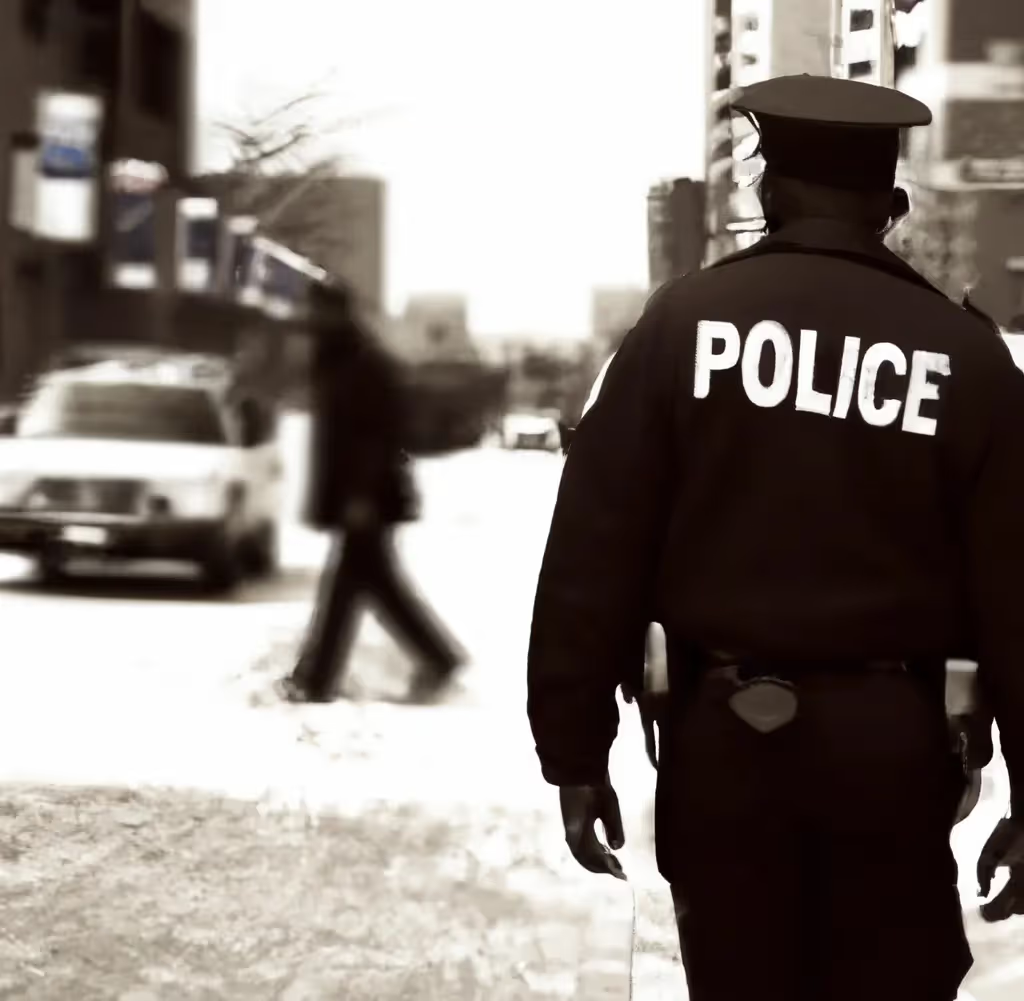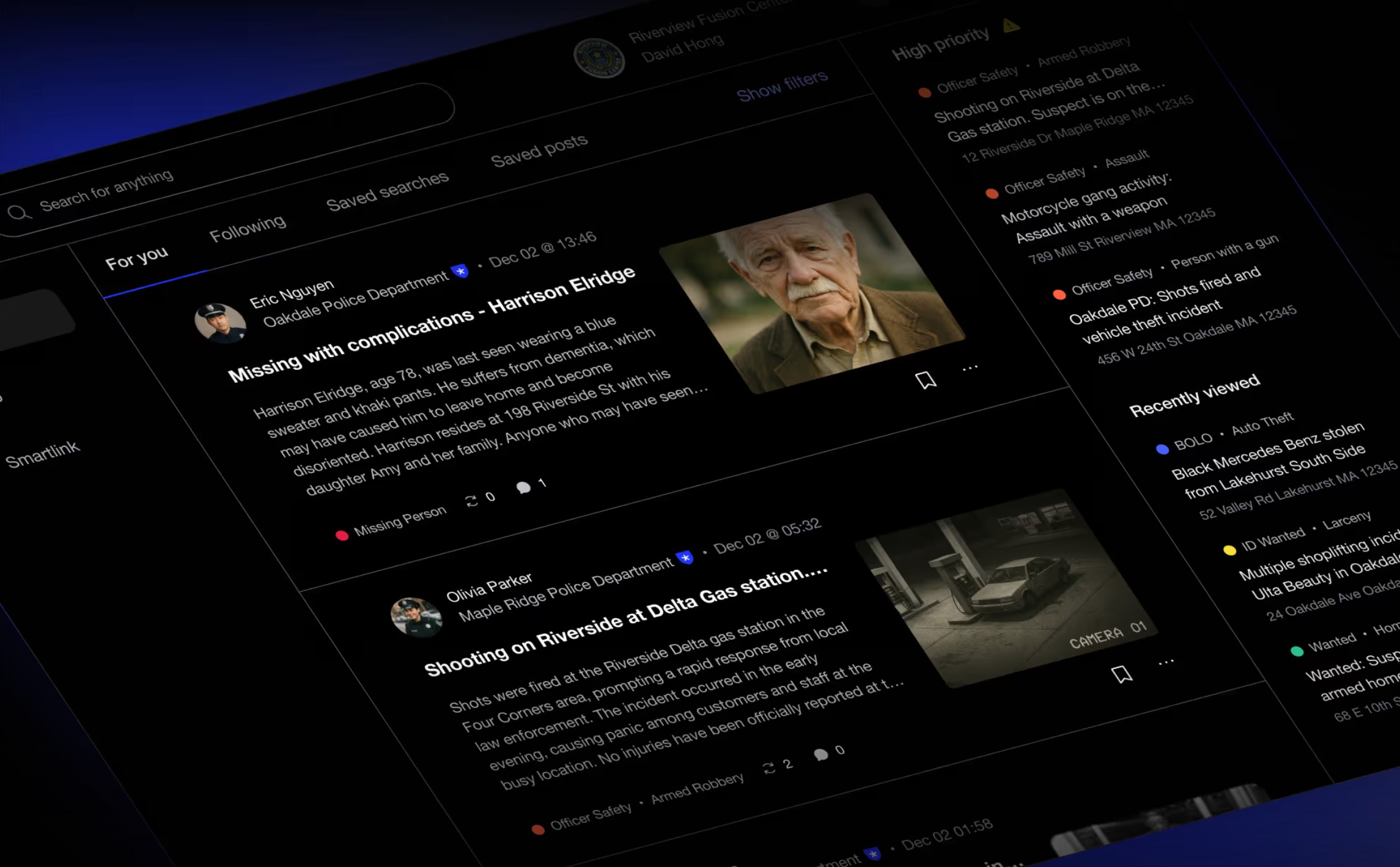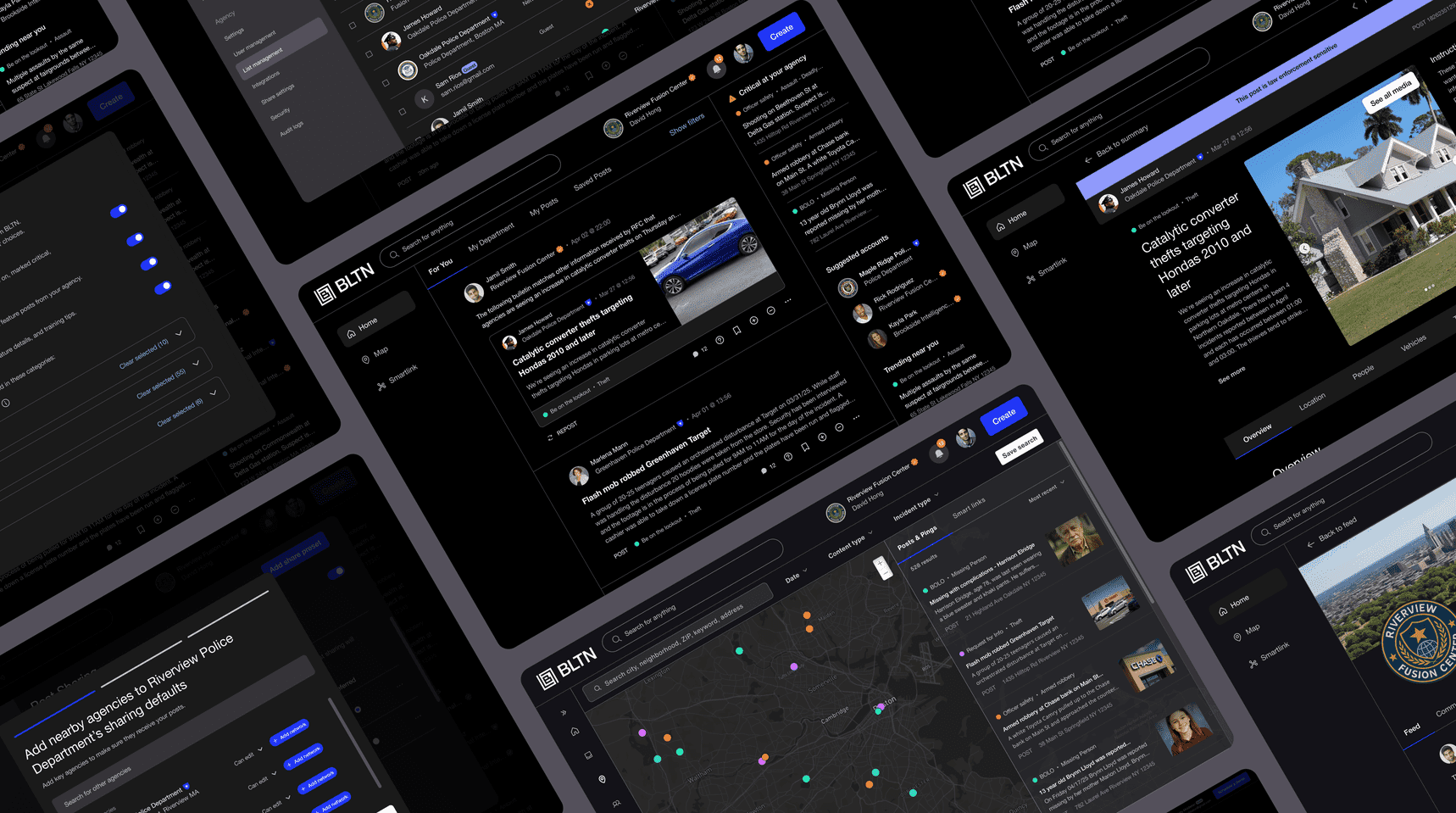It’s the same old complaint: "Why don’t the police patrol my neighborhood anymore?"
The complaint is usually followed by a brief explanation about the importance of police visibility in deterring the everyday criminal activity that seems to be perpetually on the rise. It’s such a common complaint that British politician David Lammy was famously embarrassed when he protested about the lack of police officers in London, unaware that one was standing right behind him. But, often enough, the complaint is valid. Despite overwhelming evidence of its importance1, for many areas in the US and Europe, the sight of lone police officers patrolling the streets appears to be fading. In New York, the NYPD has even considered trialling the use of robots instead of human patrols. With the number of officers increasing in many regions, why hasn't visibility improved correspondingly? Surely they can’t all be buried in paperwork? The reality is a bit more intricate. Let’s delve into the primary reasons police officers have less time to patrol.
Paperwork
Cops in crime dramas rarely seem burdened with paperwork. But then watching Jake Peralta spend fifteen-minutes completing pre-interview mental health assessment forms every episode wouldn’t make for entertaining TV. In reality, paperwork consumes much of a police officer's time. For every stop, arrest, and interview, there’s a report to be written. Often, multiple reports. And administrative tasks for officers have only intensified over the past decade. This mounting burden might be a key reason why the NYPD has looked into robotics previously. With each enquiry into a policing mishap, every central policing reform, each new internal policy, a corresponding process emerges - and every process inevitably involves paperwork. While these new policies serve important purposes individually, as a whole they exert a tremendous administrative strain upon officers as well have other unintended consequences2.
Nowadays, "paperwork" doesn’t strictly mean physical paperwork either. Take body cameras, for instance. Few would dispute that they're an important innovation: They enhance accountability, protect officers, and help in securing convictions. But something has to be done with all that footage. The camera needs to be docked for upload, key footage needs to be saved manually, video evidence has to be reviewed before being shown to suspects in interview, the footage must be clipped for court, and so on. If officers spend half an hour each shift sorting out their body camera footage, they lose two and a half hours of patrol time each week. Multiply that across an entire department annually and you start to see why your local patrol officer isn’t so visible these days.
Digital Data
It’s not just routine paperwork that has ballooned for police officers over the past decade. Investigation times have risen exponentially too, largely thanks to the explosion of digital data generation in our societies. The frequently cited statistic - that 90% of the world’s data was created in the past two years, - might no longer hold true in 2023 but it’s not far off. This data surge means that for every police investigation there’s a whole lot more material to trawl through for evidence, whether that’s Instagram photos, Google search histories, or WhatsApp messages. So important is this evidence that in many countries rape victims must hand over their smartphones for examination if they want their case to be investigated at all.
As you can imagine, searching for incriminating evidence in a few years’ worth of messages and photos is not a quick process - and it’s not something you can do while out patrolling the streets. Extended investigation times also elevates the risk of plaintiffs retracting charges, potentially undermining all the laborious work done to secure a conviction.
Mission Creep
In 2023, the role of police officers is broader than before. While patrolling neighborhoods and apprehending criminals remain core duties, officers are now also part-time medics, auxiliary social workers, frequent mental health responders, and more. These extra duties leach away their patrol time. For instance, a cop responding to a mental health call, a routine scenario that has come under scrutiny lately, might spend the rest of their shift at a psychiatric facility. Additionally, equipping officers with updated training across all these diverse areas requires even more time away from active duty.
The reality for law enforcement is that these burdens are not going away: extra paperwork and body camera management is here to stay, the impact of digital data will carry on growing, and the duties of the modern police officer will remain multi-faceted. Boosting visibility without simply raising officer numbers, therefore, means finding short-cuts.
Embracing novel technological solutions is going to provide the most dramatic productivity gains for frontline officers. We already see crime fighters using tablets when on the move, for instance, so they can keep up with admin outside of the office. It’s for this reason that the Multitude Insights BLTN platform is designed to provide rapid information sharing capabilities for its users. Fast, mobile-friendly data-sharing will help officers trim down their admin work so they can devote more of their time to patrolling our neighborhoods.
1. Yesberg, J., Brunton-Smith, I., & Bradford, B. (2023). Police visibility, trust in police fairness, and collective efficacy: A multilevel Structural Equation Model. European Journal of Criminology, 20(2), 712–737.
2. Laura Huey, Lorna Ferguson & Jacek Koziarski (2022) The irrationalities of rationality in police data processes, Policing and Society, 32:8, 947-962.







.png)
